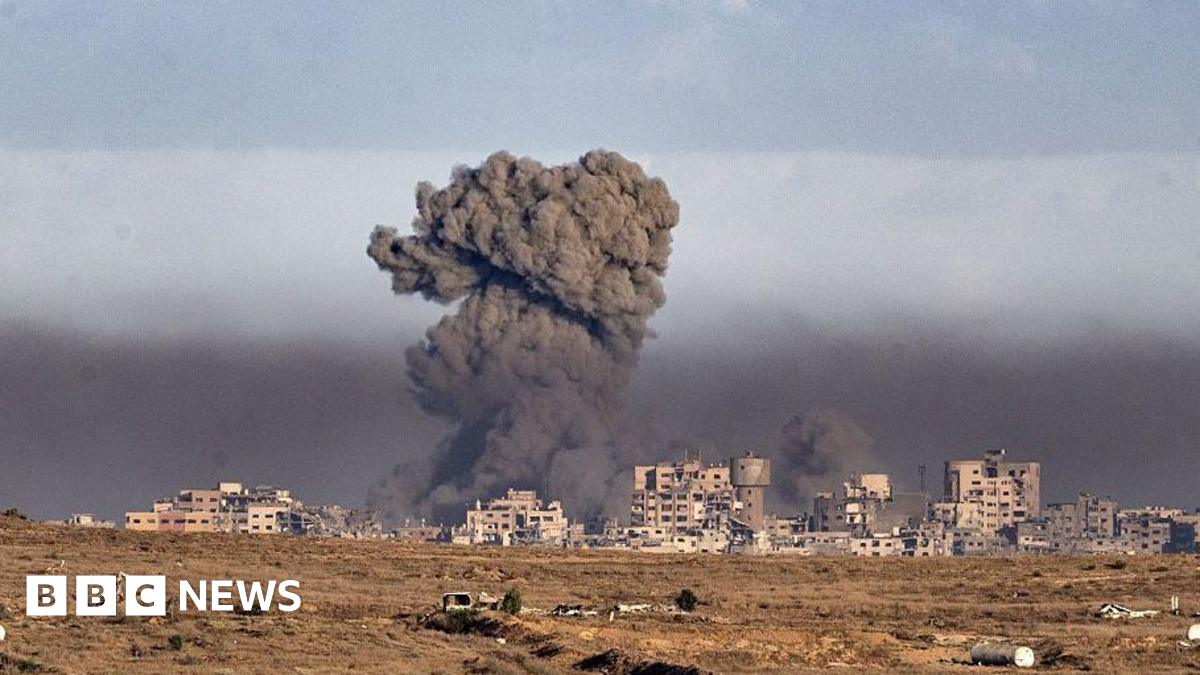Israelis and Palestinians both want the war to end. Israelis are war-weary and polls show that a majority want a deal that returns the hostages and ends the war. Hundreds of thousands of reservists in the armed forces, the IDF, want to get back to their lives after many months in uniform on active service.
More than two million Palestinians in Gaza are in a humanitarian catastrophe, caught between the firepower of the IDF and hunger and in some areas a man-made famine created by Israel's restrictions on aid entering the Strip.
The version of Hamas that was able to attack Israel with devastating force two years ago has long since been broken as a coherent military organisation. It has become an urban guerrilla force mounting an insurgency against the IDF in the ruins.
Hamas wants to find a way to survive, even though it has agreed to give up power to Palestinian technocrats. It accepts it will have to have to hand over or dismantle what is left of its heavy weapons, but it wants to keep enough firepower to defend itself against Palestinians who want to take their revenge for nearly two decades of brutal rule and the catastrophe the Hamas attacks brought down on them.
It is not saying so publicly, but an organisation that still has followers and a charter that seeks to destroy Israel will also want to emerge with enough left to rebuild its capacity to live up to its name, which is an acronym for the Islamic Resistance Movement.
Israel would like to be dictating the terms of a Hamas surrender. But the fact that Hamas has a chance for a serious negotiation opens up more possibilities for it than looked likely just a month ago. That was when Israel tried and failed to kill the Hamas leadership in a series of strikes on a building in Doha where they were discussing peace proposals from Donald Trump. Their main target, the senior leader Khalil al-Hayya, is leading the Hamas delegation at the talks in the Red Sea resort of Sharm el-Sheikh. Al-Hayya's son was among the dead, though the leaders escaped with their lives.
Israel's Prime Minister Benjamin Netanyahu has a different kind of survival in mind. He wants to preserve his power, keep on postponing his trial for corruption, win elections due next year, and not to go down in history as the leader responsible for security blunders that led to the deadliest day for Jews since the Nazi holocaust.
To achieve that he needs a credible way to declare "total victory", a phrase he has used repeatedly. He has defined it as the return of the hostages, the destruction of Hamas and the demilitarisation of Gaza. If he cannot to do that, it will not be enough for him to point to the very real damage Israel has inflicted on its enemies in Lebanon and Iran in the last two years.
Hamas and Israeli negotiators will not meet face to face. Egyptian and Qatari officials will be the intermediaries, and the Americans who will also be there will be a major influence, perhaps a decisive one.
